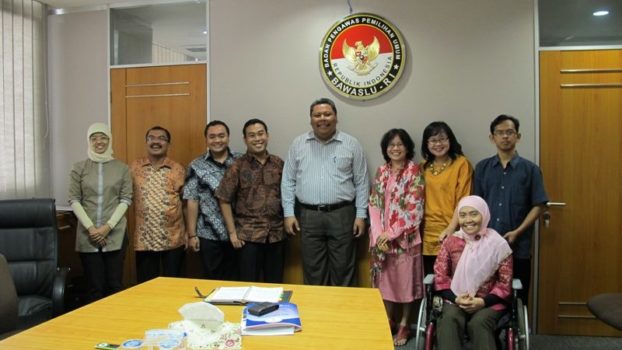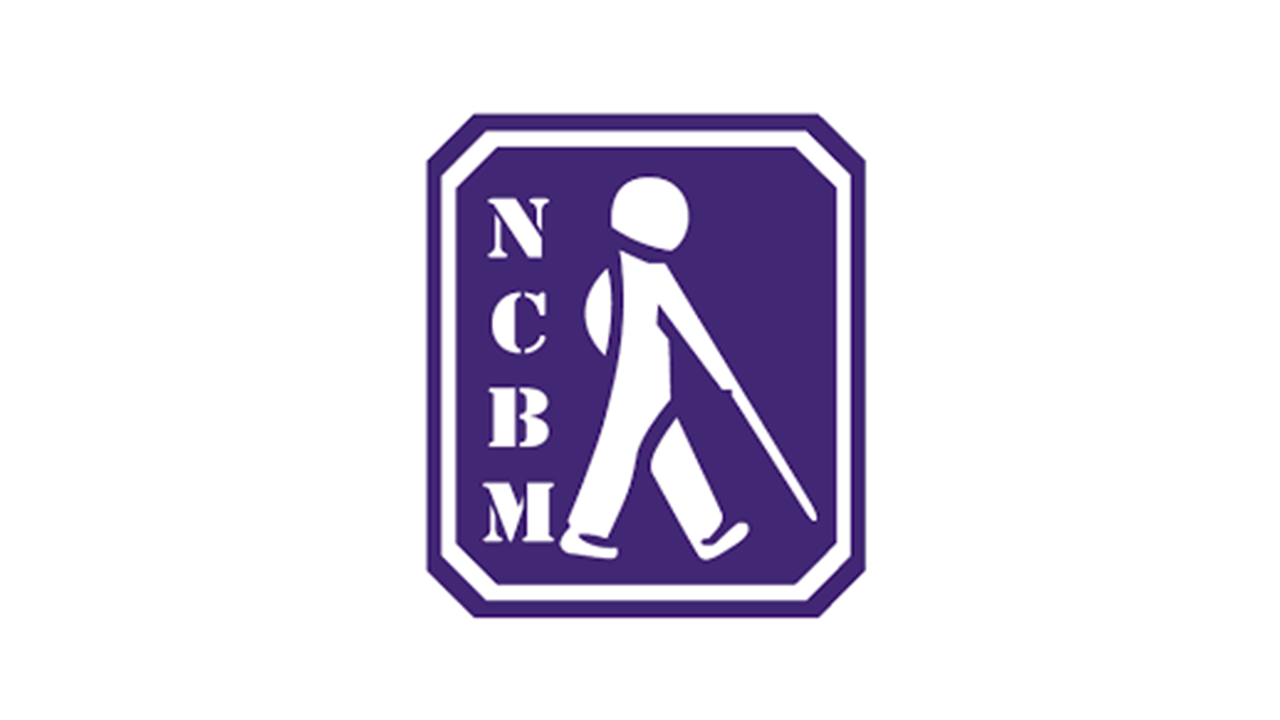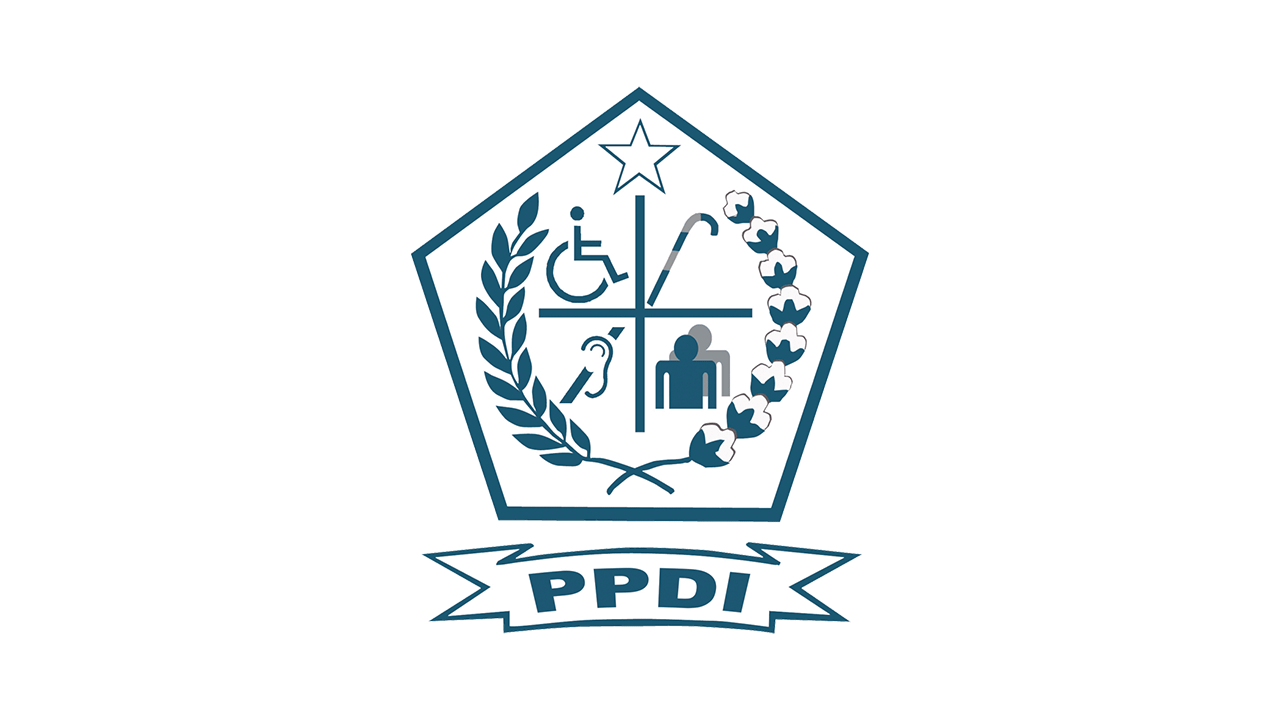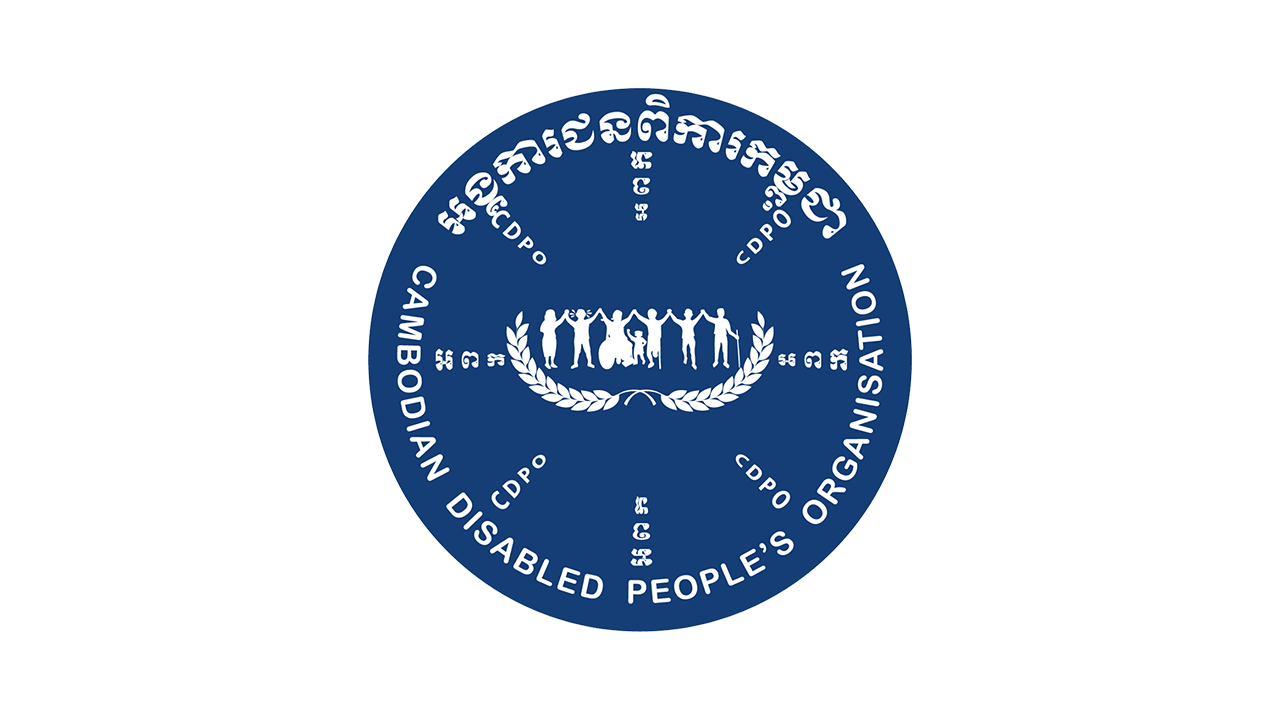By: Riri Rafiani, PPUA Penca
Head of Indonesian Election Monitoring Agency (Bawaslu) Bambang Eko Widodo admitted that election process in the country has not been completely disabled people-friendly. He expressed this statement at an audience with AGENDA team on ugust 11, 2011 at Bawaslu office.
To be honest, our monitoring of election with regards to voters with disability is incomplete,” he said. “[Efforts to facilitate them] have been limited to the template [to aid the visually impaired to vote] when there are so many other things we could do,” he added.
Election process in Indonesia, especially when it comes to voters with disability, still requires special attention. Inadequate consideration has been given to issues such as site selection for polling stations, rendering them difficult to access by wheelchair users and the elderly.
Many polling stations are located in areas with heavy grass growth or within buildings with staircases that make them impassable [by wheelchair users],” said Heppy Sebayang, Programme Manager AGENDA PPUA Penca.
In addition to the infrastructure, other area of improvement is the information provided to the election committee. They should have proper information on the needs of disabled people in an election to avoid error on implementation. Some committee members made their own assistive devices, which turned out to be unusable,” said Heppy. For example, the raised dots of the Braille writing did not meet the standards and thus could not be read by touch or the template was merely folded and could not hold the ballot paper in place. There were also cases where the election committee did not even know what a template for visually-impaired voters is and what it is for, so that the devices were merely stacked unused. In general, the election committee’s awareness of accessibility issues is found to be lacking. This is evident in the numerous complaints from the disabled voters about the lack of assistance they had during the election.
AGENDA expressed the hope that Bawaslu will take a more active role in monitoring accessibility issues in elections. “If necessary, [Bawaslu should] discipline election committees that are not cooperative,” said Heppy.
At the end of the nearly one hour meeting, Bambang expressed Bawaslu’s support for AGENDA. “We are very interested and fully support it,” he said. “I think this is a valuable input for our instrument development, especially for field monitoring. It should be admitted that we are sometimes insensitive to these issues,” he added.
Maulani A. Rotinsulu, AGENDA Disability Rights Advisor, expressed her pleasure at the positive response from Bawslu. “We are glad to find Mr Bambang sensitive to issues disability,” she said.










